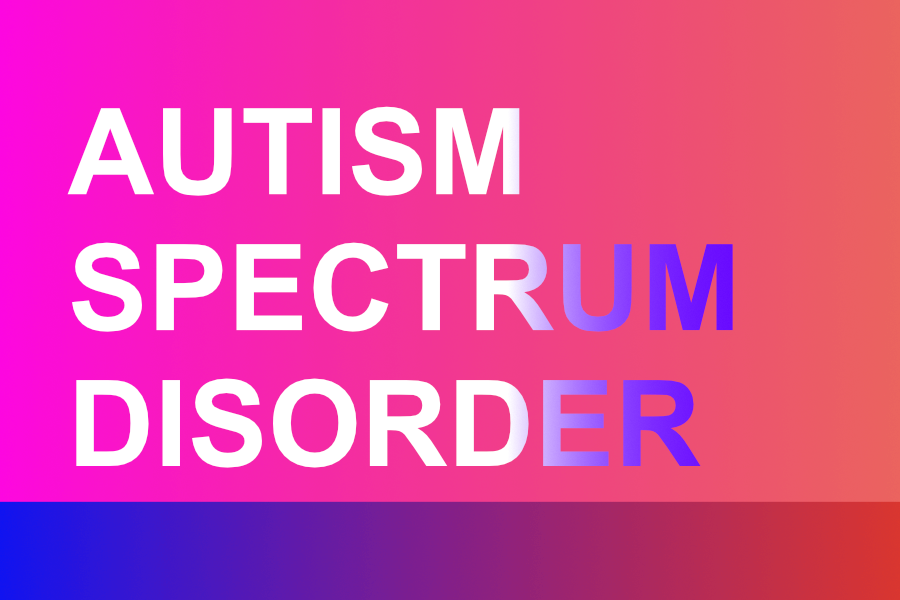What is ADHD?
What is ADHD?
Attention deficit hyperactivity disorder is a neurodevelopmental disorder often first recognised in childhood but it can be lifelong. It involves deficits of attention and hyperactivity not related to any intellectual disability. It has two classes of symptoms- inattentive and hyperactive/impulsive. Inattentive symptoms can include a lack of focus, inability to complete tasks, problems following instructions or forgetfulness. Hyperactive/impulsive symptoms can include fidgeting, lots of energy, problems sitting still or doing one thing, talking to much, talking at inappropriate times or impulsive behaviour. It is not uncommon to have a combined presentation where both types of symptoms are present.
What causes ADHD?
The causes of ADHD are believed to be mostly biological. Genetic factors are the main one, however behaviours during a person’s mothers pregnancy such as alcohol consumption or smoking during pregnancy have been associated with person having ADHD. Being born prematurely or having a low birth weight have also been linked, as have certain brain injuries. These appear to affect the frontal lobe in a way that changes the attentional and regulations systems in the brain.
There are many myths around ADHD that have never been supported by science. A lack of parental discipline is not associated with causing ADHD even though helping a child learn clear and simple rules may help them to manage it. TV and computer games have shown no link, neither has poverty or a lack of a father figure. The best evidence appears to point toward genetic and neurodevelopmental factors causing ADHD.
Treatment for ADHD
The primary recommended treatment for ADHD is often medication. This condition is easily managed with medication. However, this option is not right for everyone and for some it may only be part of the picture (with a combination of medication and therapy being preferred). Psychotherapy for ADHD is often behavioural in orientation (especially for children). This may include social skills training to help people integrate better or activity planning to ensure they are supported to meet their goals in school, work, home. Mindfulness and relaxation techniques may also help the person learn to focus when they need to and self-soothe at times they cannot be active. Encouraging the person to take care of their physical health is important too. Eating healthily, getting enough sleep and exercise are all associated with being able to manage ADHD.
A quasi-coaching relationship can often be used with more traditional counselling/therapy methods to help the client work on any emotional issues and concerns they may have. Issues such as anxiety, depression, self-esteem and relational difficulties are common amongst people with ADHD and as such, these issues require treatment alongside any ADHD-specific treatment. Cognitive Behaviour Therapy (CBT) is often the treatment of choice for these co-occurring issues however other approaches such as Compassion Focused Therapy (CFT) can also have helpful benefits.
ADHD Assessment & Diagnosis
If you are seeking help with an ADHD Diagnosis, our sister company Enlightened Minds can help. At Enlightened Minds, ADHD assessments are carried out by Gemma Holmes, HCPC Registered and Chartered Psychologist, and can be offered remotely by phone/videocall.
Trusted & Private Therapy
Our therapy and counselling services extend to both adults and children. We can work on an individual one to one basis, with couples, families and also groups. We provide a safe space in which you can share your problems as you gain a greater understanding of them. We help you to find ways in which you can either resolve or manage these issues better.
Glossary of Conditions

Anxiety
Anxiety refers to thoughts, feelings and physical sensations of worry or feeling under threat. Feeling like you are struggling to breathe or living your day-to-day life you may benefit from therapy.

Binge Eating Disorder
Binge-eating disorder is a disorder where a person eats a large amount of food in a short space of time. They may not be hungry when doing this, often resulting in physical discomfort.

Depression
Depression is a disorder involving a prolonged period of low mood and it affects people differently. Depression is more than just feeling sad it is a prolonged change in mood.

OCD
Obsessive-compulsive disorder is characterised by recurrent persistent thoughts that cause distress until the person performs ritualised behaviour.

Panic Disorder
Panic Disorder is an anxiety disorder and it occurs when you have a surge of intense fear that strikes suddenly and repeatedly without warning.

PTSD
Post traumatic stress disorder develops after having or witnessing a traumatic experience. This could be an accident, an assault or some forms of abuse.

Anger
It is important to recognise that anger is not necessarily a mental health problem. Everyone experiences the emotion sometimes. It is often a response to mistreatment or abuse.

Generalised Anxiety Disorder
Generalized anxiety disorder, or GAD, is a mental illness. It belongs to a group of illnesses called anxiety disorders.

Anorexia Nervosa
Anorexia nervosa involves a reduced food intake, below a person’s medical needs. Their mind will be very focused on eating habits to change your bodies size and shape.

Autism Spectrum Disorders
Autism spectrum disorders (ASD) are a set of conditions that influence the way a person takes in information. People with ASD’s can experience difficulties in communication.

Borderline Personality Disorder
Those who have Borderline Personality Disorder (BPD) suffer from recurrent, uncontrollable and difficult changes in mood.

Antisocial Personality Disorder
Those who have antisocial personality disorder display impulsive, irresponsible and risk-taking behaviour.

ADHD
Attention deficit hyperactivity disorder is a neurodevelopmental disorder often first recognised in childhood but it can be lifelong.